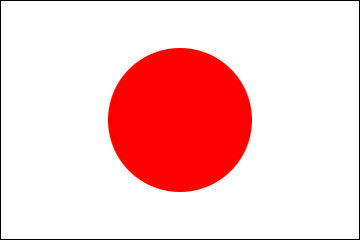パスポート: 未成年の子どもの発給申請 - Application for Japanese passports of minors
また、カナダにおいては、父母の双方が親権を有する場合に、一方の親権者が、14歳未満の子を他方の親権者の同意を得ずに国外に連れ出すことは刑罰の対象となる可能性があります。実際に、居住していた国への再入国に際し、子を誘拐した犯罪被疑者として逮捕されたり、ICPO(国際刑事警察機構)を通じて国際手配される事案も生じており、当館では、在留邦人の皆様がこのような不利益を被ることを予防する観点から、14歳未満の子の旅券申請の際には、他方の親権者の不同意の意思表示がない場合であっても、旅券申請に関する両親権者の同意の有無を口頭にて確認させて頂いておりますので、あらかじめご承知ください。
Regarding the application for Japanese passports of minors, Japan issues passports by having a signature of a custodian as a legal representative to the application form.
However, if the other parent has expressed his/her disagreement on the issuance of the child's passport to the Japanese Embassies or Consulate Generals beforehand, the passport will usually be issued after the verification of the consent of both parents. In this verification process, the Japanese Embassies and Consulate Generals check with the parent who disagreed beforehand on the issuance of child's passport whether he/she is now willing to submit a "Letter of Consent for an Application of Passport".
In Canada, the taking a child under 14 abroad without consent of his/her spouse who has custody may be accounted to criminal liability. In fact, there are cases in which taking parent was arrested in charge of child abduction when she reentered a country, or a taking parent was placed on the international wanted list of ICPO. To prevent Japanese citizens from such disadvantages, the Japanese Embassy (the Consulate General) is checking verbally to confirm the existence of agreement of both parents on the application for child's passport, even if there is no declaration of disagreement from one parent. Thank you for your understanding.
・Application for Japanese passports of minors (Ministry of Foreign Affairs of Japan)
